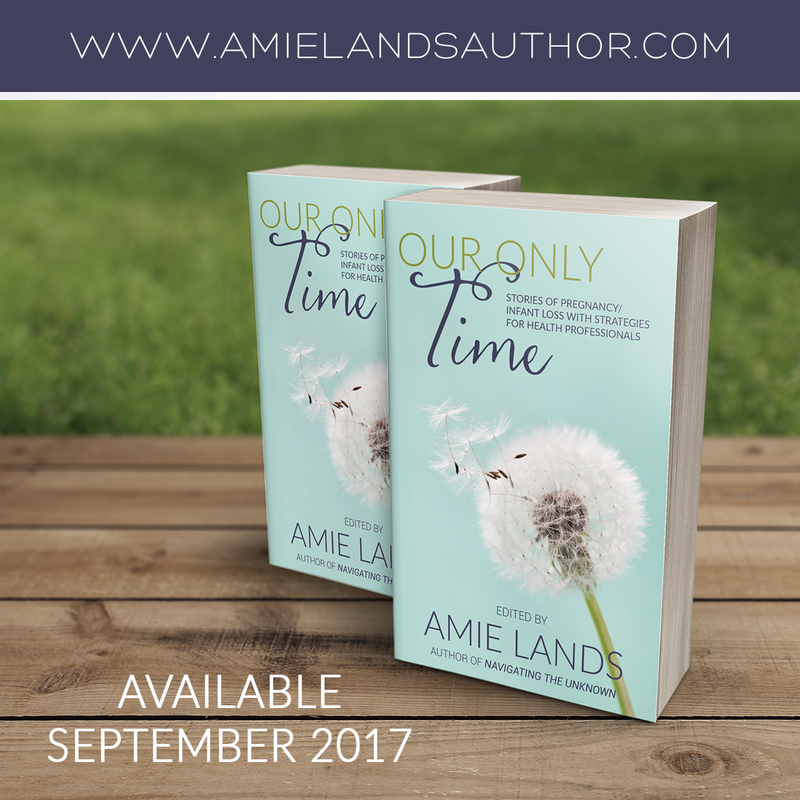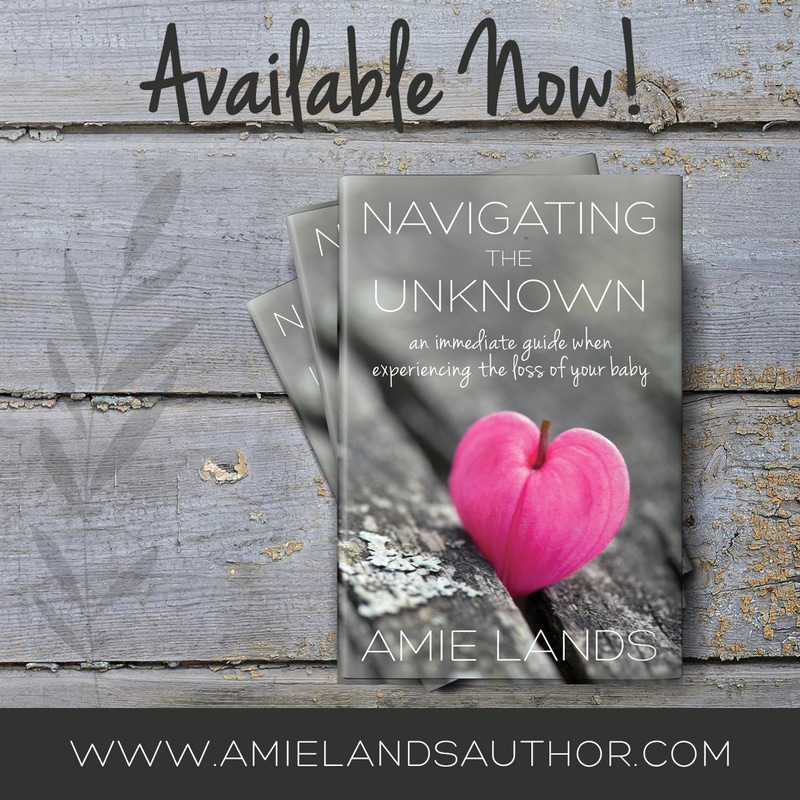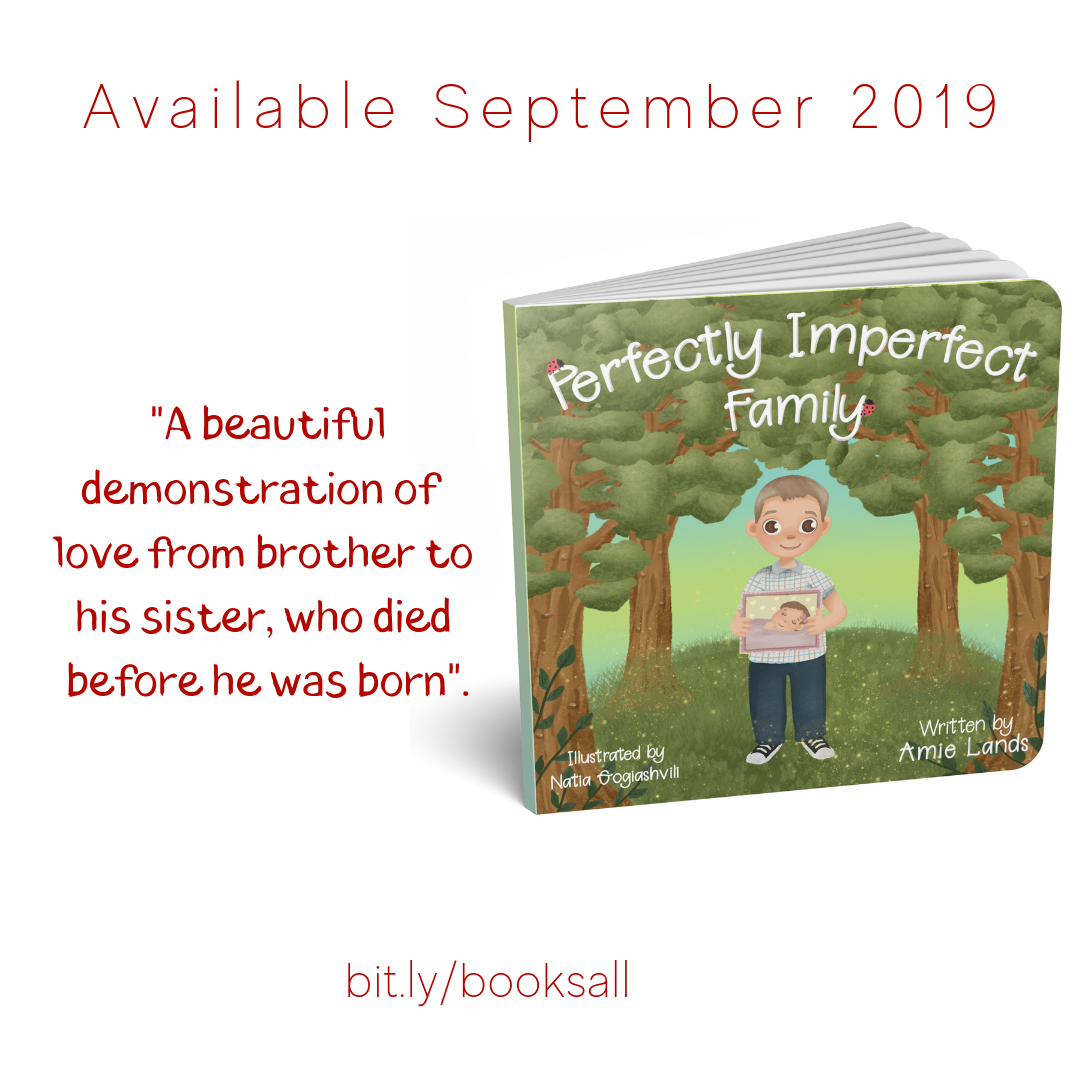|
We are just waking up to another blessed day. I am holding Ruthie Lou as she floats in and out of sleep, unsure if she's quite ready to wake up, she is quite the night owl as I have learned babies can mix up their night and days, hers are more like a swing shift, not completely opposite, but off kilter nonetheless.
There are so many things that cross my mind all day as I sit with my angel & stare at her beautiful and perfect body. This morning I was reminded of this parable told at the Center for Spiritual Living months ago while I was pregnant. It brought to me to tears at church thinking of the birth of my little one & now brings me to tears giving me hope for her eternal life. Its a little wordy but I hope you get the same sense of hope after reading it, too. LIFE AFTER DEATH If the soul is immortal then death cannot be considered a final act. If the life of the soul is to be continued, then death, however bitter, is deprived of its treacherous power of casting mourners into a lifetime of agonizing hopelessness over an irretrievable loss. Terrible though it is, death is a threshold to a new world-the "world-to-come." A Parable, an imaginative and telling analogy that conveys the hope and confidence in the after-life, even though this hope must be refracted through the prism of death, is the tale of twins awaiting birth in the mother's womb. It was created by a contemporary Israeli rabbi, the late Y. M. Tuckachinsky. Imagine twins growing peacefully in the warmth of the womb. Their mouths are closed, and they are being fed via the navel. Their lives are serene. The whole world, to these brothers, is the interior of the womb. Who could conceive anything larger, better, more comfortable? They begin to wonder: "We are getting lower and lower. Surely if it continues, we will exit one day. What will happen after we exit?" Now the first infant is a believer. He is heir to a religious tradition which tells him that there will be a "new life" after this wet and warm existence of the womb. A strange belief, seemingly without foundation, but one to which he holds fast. The second infant is a thorough-going skeptic. Mere stories do not deceive him. He believes only in that which can be demonstrated. He is enlightened, and tolerates no idle conjecture. What is not within one's experience can have no basis in one's imagination. Says the faithful brother: "After our 'death' here, there will be a new great world. We will eat through the mouth! We will see great distances, and we will hear through the ears on the sides of our heads. Why, our feet will be straightened! And our heads-up and free, rather than down and boxed in." Replies the skeptic: "Nonsense. You're straining your imagination again. There is no foundation for this belief. It is only your survival instinct, an elaborate defense mechanism, a historically-conditioned subterfuge. You are looking for something to calm your fear of 'death.' There is only this world. There is no world-to-come!" "Well then," asks the first, "what do you say it will be like?" The second brother snappily replies with all the assurance of the slightly knowledgeable: "We will go with a bang. Our world will collapse and we will sink into oblivion. No more. Nothing. Black void. An end to consciousness. Forgotten. This may not be a comforting thought, but it is a logical one." Suddenly the water inside the womb bursts. The womb convulses. Upheaval. Turmoil. Writhing. Everything lets loose. Then a mysterious pounding -- a crushing, staccato pounding. Faster, faster, lower, lower. The believing brother exits. Tearing himself from the womb, he falls outward. The second brother shrieks, startled by the "accident" befallen his brother. He bewails and bemoans the tragedy--the death of a perfectly fine fellow. Why? Why? Why didn't he take better care? Why did he fall into that terrible abyss? As he thus laments, he hears a head-splitting cry, and a great tumult from the black abyss, and he trembles: "Oh my! What a horrible end! As I predicted!" Meanwhile as the skeptic brother mourns, his "dead" brother has been born into the "new" world. The head-splitting cry is a sign of health and vigor, and the tumult is really a chorus of mazel tovs sounded by the waiting family thanking God for the birth of a healthy son. Indeed, in the words of a contemporary thinker, man comes from the darkness of the "not yet," and proceeds to the darkness of the "no more." While it is difficult to imagine the "not yet" it is more difficult to picture the "no more." As we separate and "die" from the womb, only to be born to life, so we separate and die from our world, only to be re-born to life eternal. The exit from the womb is the birth of the body. The exit from the body is the birth of the soul. As the womb requires a gestation period of nine months, the world requires a residence of 70 or 80 years. As the womb is prozdor, an anteroom preparatory to life, so our present existence is a prozdor to the world beyond.
0 Comments
Your comment will be posted after it is approved.
Leave a Reply. |
Amie LandsI am mama of three beautiful babes; two sons whom I have the privilege of raising and my daughter who lived for 33 sacred days. Archives
May 2020
Categories
All
|



 RSS Feed
RSS Feed